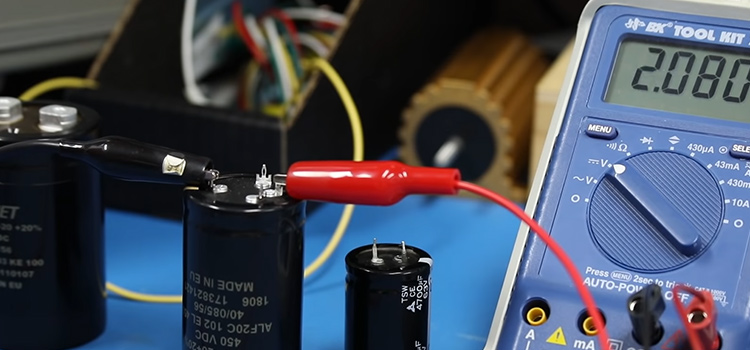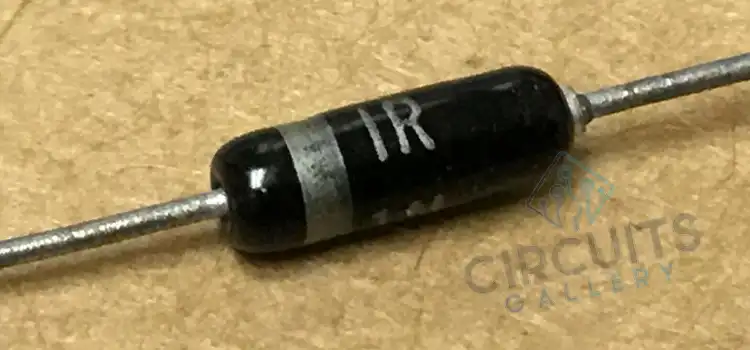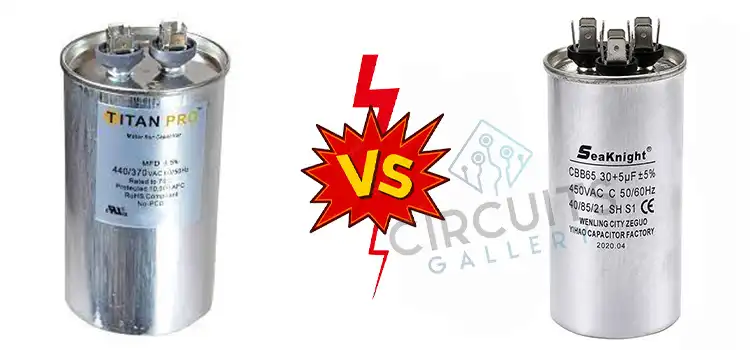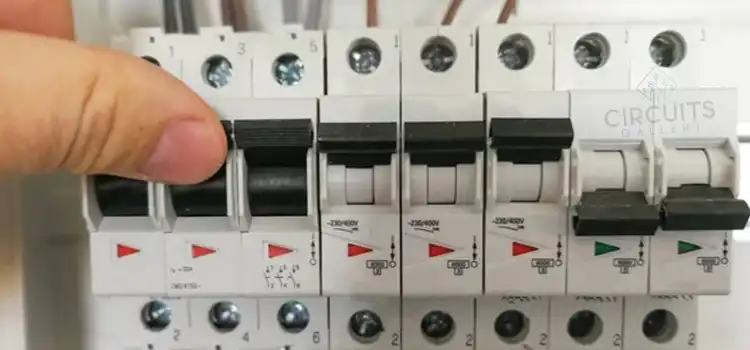[Explained] How Long Does It Take a Capacitor to Discharge?
The time required to discharge a capacitor depends upon the period of the capacitor. After 5 time periods, a capacitor will be discharged almost completely. Practically a capacitor never discharges completely but goes very close to 0% of the initial voltage, which is practically assumed to be completely discharged.
The time period of a capacitor is the product of its capacitance (in farads) and the value of the discharging resistor (in ohms). It is denoted by tau (τ). So, τ= RC. The unit of time constant is seconds. And, the discharge time, t = 5τ = 5RC seconds.

How Much Time Does It Take a Capacitor to Discharge?
The discharge time of a capacitor is related to the period of the capacitor. After one time period, a fully charged capacitor will discharge to 63% of its original voltage. So, after 5 time periods, it can be safely assumed that the capacitor is completely discharged for any practical purposes.
The period of a capacitor, τ=RC. Where C is in farads and R is in ohms. And, the discharge time, t = 5τ = 5RC. In the following circuit, the resistor is connected to discharge the capacitor, the discharging time can be figured out by using the formula, discharge time, t = 5RC.

For the above circuit C= 1000µF = 1×10-3F and R= 1KΩ= 1000Ω. So, the time, τ= 1×10-3F × 1000Ω= 1 second. And, the discharging time of the capacitor is 5τ = 5 × 1 second = 5 seconds. The capacitor will take approximately 5 seconds to fully discharge itself.
Will A Capacitor Discharge On Its Own?
Yes, a capacitor can discharge on its own. This happens due to the leakage current. A capacitor can be assumed to have a very high resistance resistor (mega ohms) connected in parallel to it. Multiplying this resistance with the capacitance will give the period (τ) and 5τ will be the self-discharge time of the capacitor.
How Long Do Capacitors Retain Charge?
The self-discharge time of a charged capacitor depends upon the capacitance, it can be days or even years. The self-discharge time, t = 5RC. So, discharge time, t ∝ C. For large capacitors, the stored charge can stay for months or even years. So, for every capacitor with different capacitances, the discharge time will be different.
Do Capacitors Discharge Quickly?
Small capacitors discharge quickly, but large-value capacitors can hold a charge for up to months or years. The discharge time is directly proportional to C and R. So, for larger value capacitors the discharge time is more than the smaller capacitors. This is true for both self-discharging and discharging using a bleeder resistor.
How to safely discharge a capacitor?
A capacitor can be safely discharged by shorting its terminals through a 1KΩ bleeder resistor of sufficiently high power rating to handle the dissipated power safely. If such a resistor is not available, for small-value capacitors a screwdriver or any conductive material can be used to short its terminals to discharge it safely.
Conclusion
The time required for a capacitor to be fully discharged is defined as five times the time constant of the capacitor. This relation is applicable for discharging a capacitor through a bleeder resistor and for the self-discharging of the capacitor. The approximate discharging time can be obtained by using the formula, t = 5RC.
Subscribe to our newsletter
& plug into
the world of circuits
![What Causes a Capacitor to Explode? [6 Reasons]](https://www.circuitsgallery.com/wp-content/uploads/2023/06/What-Causes-a-Capacitor-to-Explode.webp)

![[Explained] What Does 0 Amps Mean?](https://www.circuitsgallery.com/wp-content/uploads/2023/07/What-Does-0-Amps-Mean.webp)


